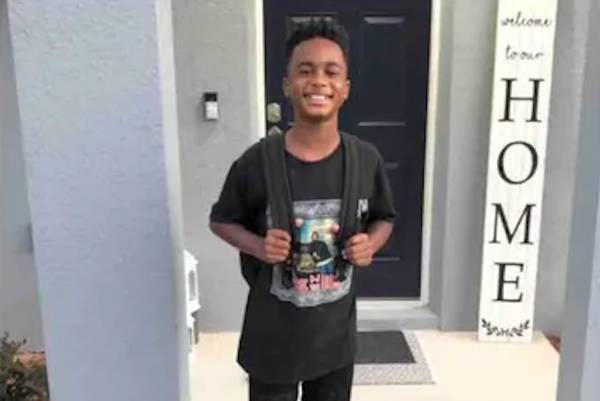
Support truly
independent journalism
The EU has taken away Hungary's right to host an important ministerial summit following prime minister Viktor Orban's "peace mission" trips to Moscow and Beijing that triggered a backlash from the bloc for undermining their support of Ukraine.
Hungary, which currently holds the rotating EU presidency, was set to host the gathering, known as Gymnich, in late August.
The informal meeting of foreign and defence ministers will now be held in the EU capital of Brussels in September, EU foreign affairs chief Josep Borrell said on Monday.
"We have to send a signal, even if it is a symbolic signal,” he said.
Mr Borrell said while condemnation of Hungary's recent behaviour was widespread, EU member states were divided between those who wanted to attend the meeting in Budapest and those who did not.
Hungary denounced the EU decision as "childish".
"I really don't want to offend anyone but it is probably a kindergarten-level debate," foreign minister Peter Szijjarto said.
He slammed what he called a "concerted, hysterical, often mocking series of attacks" on Mr Orban's recent meetings with Russian president Vladimir Putin and Chinese president Xi Jingping.
Mr Orban began his “peace missions”, including a visit to US presidential candidate Donald Trump, just days after his country took over the EU's rotating presidency on 1 July.
Several EU member states see Hungary as being too close to Moscow, undermining the bloc’s efforts to isolate Russia politically and diplomatically.
Hungary has held up EU sanctions on Russia as well as substantial weapons funding for Ukraine.
Budapest says it is trying to bring peace to Ukraine as soon as possible. Mr Borrell lashed out on Monday saying Budapest should be branding Mr Putin "pro-war", not the EU.
"If you want to talk about the war party, talk about Putin," he added.
Polish foreign minister Radoslaw Sikorski said he had proposed holding the foreign ministers meeting in Ukraine but Hungary voted against the proposal.
Mr Sikorski previously said “helping Ukraine by defeating Putin is the right thing to do”.
His view has been echoed by several EU leaders such as French president Emmanuel Macron and Mr Borrell’s designated successor Kaja Kallas, who has gone to the extent of advocating for breaking up Russia.
Meanwhile, Ukrainian foreign minister Dmytro Kuleba arrived in China, considered Russia’s most important ally, for talks to end the war.
Mr Kuleba was invited by the Communist Party of China and he is expected to meet with Chinese counterpart Wang Yi.
“This will be the first bilateral visit to your country in my capacity as foreign minister,” Me Kuleba said. “We will discuss important matters, such as restoration of peace, deepening our bilateral dialogue, expanding trade and economic cooperation.”
“We have a lot to achieve, if we work together.”







